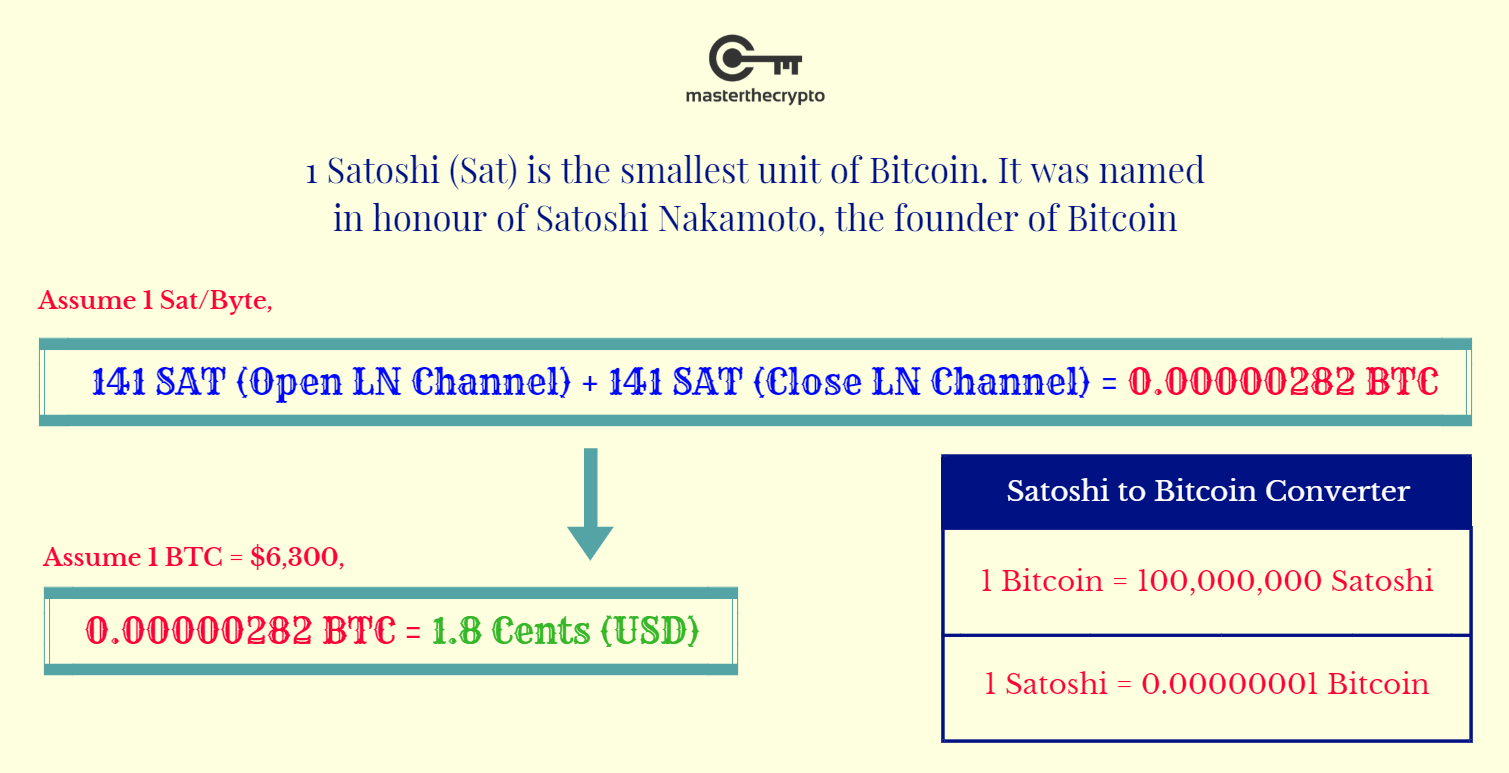Bitcoin Cash Address Vs Bitcoin Address
What is the Bitcoin Cash CashAddr (q address) format? The 'CashAddr' format was developed by the Bitcoin Cash team to encode addresses in a format to reduce user error when sending and receiving Bitcoin Cash. This new format helps distinguish between Bitcoin Cash (BCH) and Bitcoin (BTC) addresses. It starts with a q. Monero vs Monero Classic Vinci vs CONUN 1SG vs IoT Chain Cube vs DxChain Token Augur vs TRAXIA Bitcoin Cash ABC IOU vs Whole Network Tao vs GulfCoin BHEX Token vs VeThor Token Dock vs ChatCoin ION vs NuBits BitBay vs Aeon Tripio vs Maximine Coin GeoCoin vs Nano Qtum vs PIECoin Thunder Token vs ELA Coin SuperNET vs XRP LEOcoin vs RealTract OAX. Bitcoin Cash fell to a low of $80 in 2018, when Bitcoin dropped to $3,200. Even then, the difference in the price was substantial. Bitcoin Cash Vs Bitcoin Price Predictions From Experts Around The Crypto Industry. Bitcoin and Bitcoin Cash have enormous potential.
Bitcoin Cash (BCH) is a hard fork of Bitcoin (BTC) and shares the same transaction history up to the point of the fork. The Bitcoin Cash hard fork took place on 1 August 2017. The main differences between Bitcoin and Bitcoin Cash is the increased block size supported by Bitcoin Cash and the adoption of Segregated Witness by Bitcoin.
See also: Bitcoin (BTC) (basic) - Fork, Soft fork, Hard fork & Coin split (advanced), Supported cryptocurrencies
- 1CashAddr address format
- 3Claiming Bitcoin Cash
CashAddr address format [edit]
On 14 January 2018, Bitcoin Cash updated their standard address format, while maintaining compatibility with the old address formats. The new address format is called CashAddr. It has the following form:
Starting from firmware 1.6.2 and 2.0.7, Trezor devices only use the new address format. For conversion between CashAddr and legacy address format, please use the following 3rd-party tool.

Overview[edit]
| Firmware (device) support | Trezor One 1.5.1, Trezor Model T 2.0.5 |
| Available in Trezor Wallet? | Yes |
| Third-party wallets | Electron Cash |
How to use Bitcoin Cash with Trezor[edit]
Bitcoin Cash is integrated in Trezor Wallet. It is, therefore, possible to use it in the standard interface.
- Plug in your Trezor device.
- Go to wallet.trezor.io.
- Select Bitcoin Cash in the top-left corner of the screen (see Getting to know Trezor Wallet#Switching cryptocurrencies (1)).
- Work with Trezor Wallet as usual. For more information, see User manual.
Claiming Bitcoin Cash[edit]
If you have held bitcoins on addresses generated by your seed before the block #478559, you automatically got BCH in 1:1 ratio to bitcoin balance on the said address (E.g., if you had 0.25 BTC on an address 'x' at the time of the fork, there is now 0.25 BTC and 0.25 BCH after the fork.).
Bitcoin Cash with Electrum[edit]
Bitcoin Cash can be used with Electron Cash, with the seed and private keys fully protected by the Trezor device. For more information, see the Electron Cash web page. You can also see our manual for using Bitcoin with Electrum in Apps:Electrum - the setup should be very similar.
History of Bitcoin Cash[edit]

Scalability of Bitcoin has been at the forefront of the community interest since the launch of the network. The block size set at 1 MB in 2010 limits the transaction process times and thus somewhat limits the potential of the cryptocurrency. The block size limit was added to the cryptocurrency to prevent spam attacks on the network at a time when the value of Bitcoin was relatively low. As the popularity of Bitcoin was increasing, the scenario in which transaction times could be delayed was starting to be more likely.
A number of proposals have been made over the years to deal with this problem. Some entrepreneurs, developers, investors, and largely China-based miners were unhappy with the proposed SegWit improvement plans and pushed forward alternative plans to increase the block size to 8 MB. This resulted in a split and a hard fork, which created Bitcoin Cash.
Criticism[edit]
Bitcoin Cash Address Vs Bitcoin Address Account

As the computer power required to process larger blocks could price out some smaller miners, critics worry that adopting the Bitcoin Cash approach will lead to power being concentrated in the hands of a few big companies who can afford better and more expensive equipment.
Making the block size larger also does not solve the scalability issue permanently - it merely pushes it further away.
Trading[edit]
Despite its vocal advocates, as of 2018, Bitcoin Cash is used in exchanges at a much lower rate than Bitcoin. Ironically, the block size increase has not yet actually been necessary, as the Bitcoin Cash traffic has been too small to make use of it to make transactions faster.